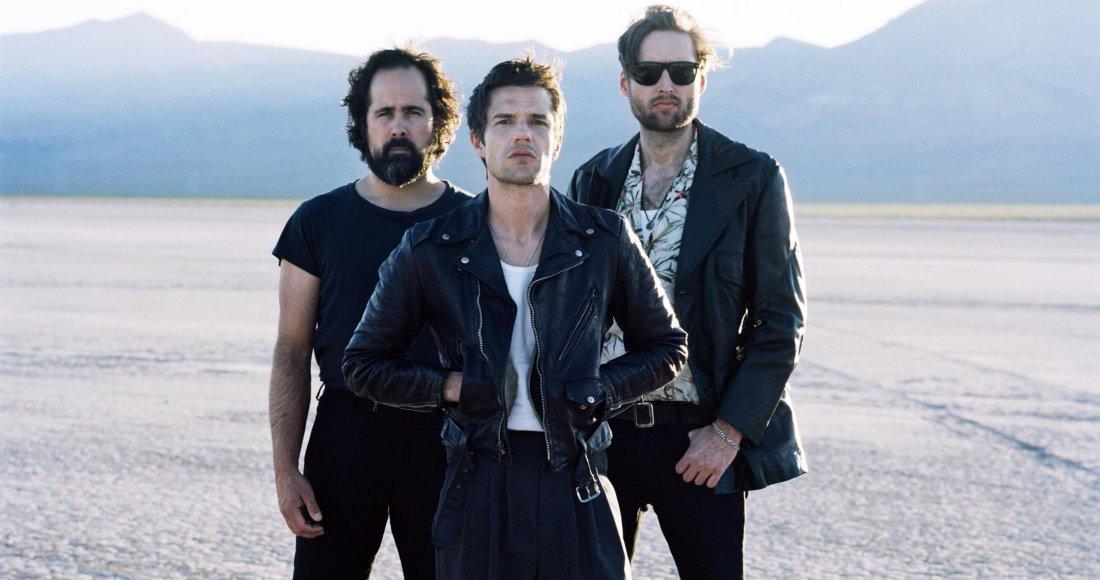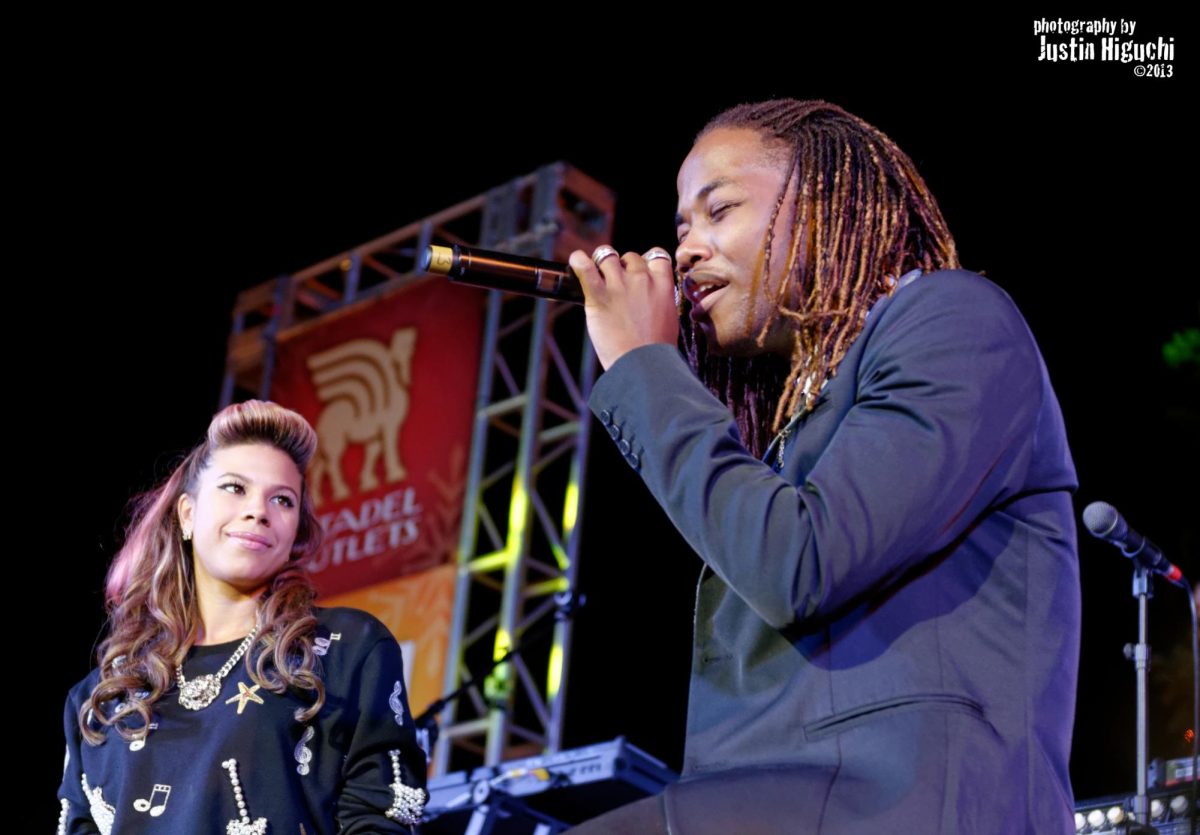The Killers’ “Wonderful Wonderful,” the band’s fifth studio album and their first in five years, continues in the epic vein of their latest album (2012’s “Battle Born”), with little left of the pop-punk-adjacent sound that defined their early singles like “Mr. Brightside” and “Somebody Told Me.” The new album hit number one on the Billboard 200 chart earlier this week.
Musically, they’ve come a long way since they came out of their cage, and their careers have been doing just fine. “Wonderful Wonderful” is an album without filler tracks; its only weaknesses appear when the band tries to spread itself too thin, either by going too experimental or by clinging too much to their alt-rock past.
The title track is an electronic, epic ballad of Biblical proportions, with sweeping synth and reverb creating a dreamlike soundscape closer in style to artists like Florence + the Machine than it is to their early work. The Killers are at their best when they’re telling stories, and this one is told by repeating key phrases like “motherless child,” “praying for rain, dancing for rain” and “rescue, rescue.” The Biblical wording can feel awkward at times – “Motherless child, dost thou believe / That thine afflictions doth cause us to grieve?” – but it’s a minor grievance in an otherwise expertly-composed song.
The second track, “The Man,” is an upbeat, new-wave anthem that belongs on a workout playlist. It’s a celebration of masculinity and power that’s probably meant to be farcical, but it’s never made explicit just how tongue-in-cheek it is. Musically speaking, it’s one of the least interesting songs on the album, although it does boast an appropriately badass guitar solo for the subject matter. Maybe that’s why the deluxe version of the album boasts two separate remixes.
“Tyson Vs Douglas” is one of the album’s best tracks, sampling audio from the historic 1990 match between Mike Tyson and Buster Douglas that ended in the former’s defeat. The classic-rock ballad alludes to both power and toxic masculinity in ways that feel directly opposed to “The Man.” “What did they pay you? What did it cost? / How long did it take you to know what you lost?” asks the disappointed narrator, backed by high-energy guitars. The subject matter is weird, especially 27 years after the fact, but it works. The statement “power can be toppled” is a comforting claim to hear this year.
The Killers know this, as evidenced in their most political track “Run For Cover,” which is kind of a more political “Dog Days Are Over.” As with “Wonderful Wonderful,” they get awkward when they go heavy-handed, asking “Are your excuses any better than your senators’?” and calling out fake news in ways that feel out of nowhere. “Run For Cover” isn’t a bad song, and it’s got a good hook, but it doesn’t stand out among the rest of the album, save for the awkwardness and the fact that it’s the only one that directly references contemporary politics. This is the first time the Killers have gone explicitly political aside from throwaway lines, and it doesn’t suit them.
The album is tied together, somewhat, by consistent religious imagery. This is most powerful in the electro-blues “The Calling,” the best track on the album, which uses samples from a sermon by special guest Woody Harrelson and lines like “But Daddy, did you think you could outrun my Holy Ghost?” to tell a southern gothic tale. Religious imagery also appears in “Some Kind of Love” as well as “Life to Come,” a song alluding to heaven with the same dreamy soundscape as the title track.
“Wonderful Wonderful” isn’t entirely coherent; the subject matter and genre go all over the place, and some songs feel as if they belong to entirely different albums. That said, each song performs admirably as a standalone. The Killers have come a long way since the early guyliner days of “Hot Fuss,” which remains their most famous album. It doesn’t seem like they’ve got another “Mr. Brightside” in them, but don’t despair. What their newer sound lacks in dance hits, it more than makes up for in storytelling and composition.






